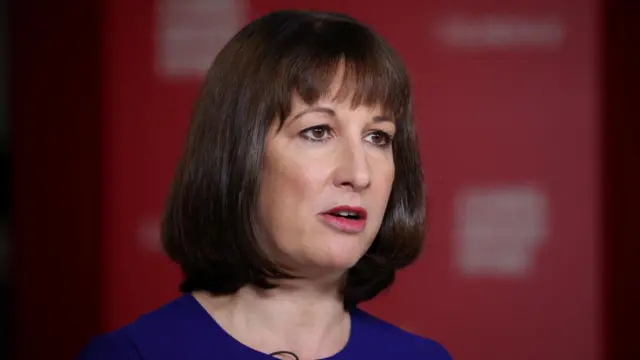Ministers want to ride this outpublished at 08:19 BST 26 September 2022
 Chris Mason
Chris Mason
Political editor
All eyes are on the markets. Including eyes across government.
Ministers aren’t saying anything publicly. But the impression I am left with is they want to ride this out.
As things stand, they have little option but to do exactly that.
They hope it is short term volatility. They hope that the UK, with the second lowest GDP/debt ratio in the G7, is in a fundamentally strong place.
They hope to appear responsible: it’s no coincidence the Chief Secretary to the Treasury told the BBC over the weekend “we are going to stick to our spending plans that we have set out already”.
The Times confirms this morning that there will no Spending Review next year. But speak to others at Westminster and the language is very fruity.
“This is very worrying. All the wheels could come off,” said one Conservative MP to me just now.

